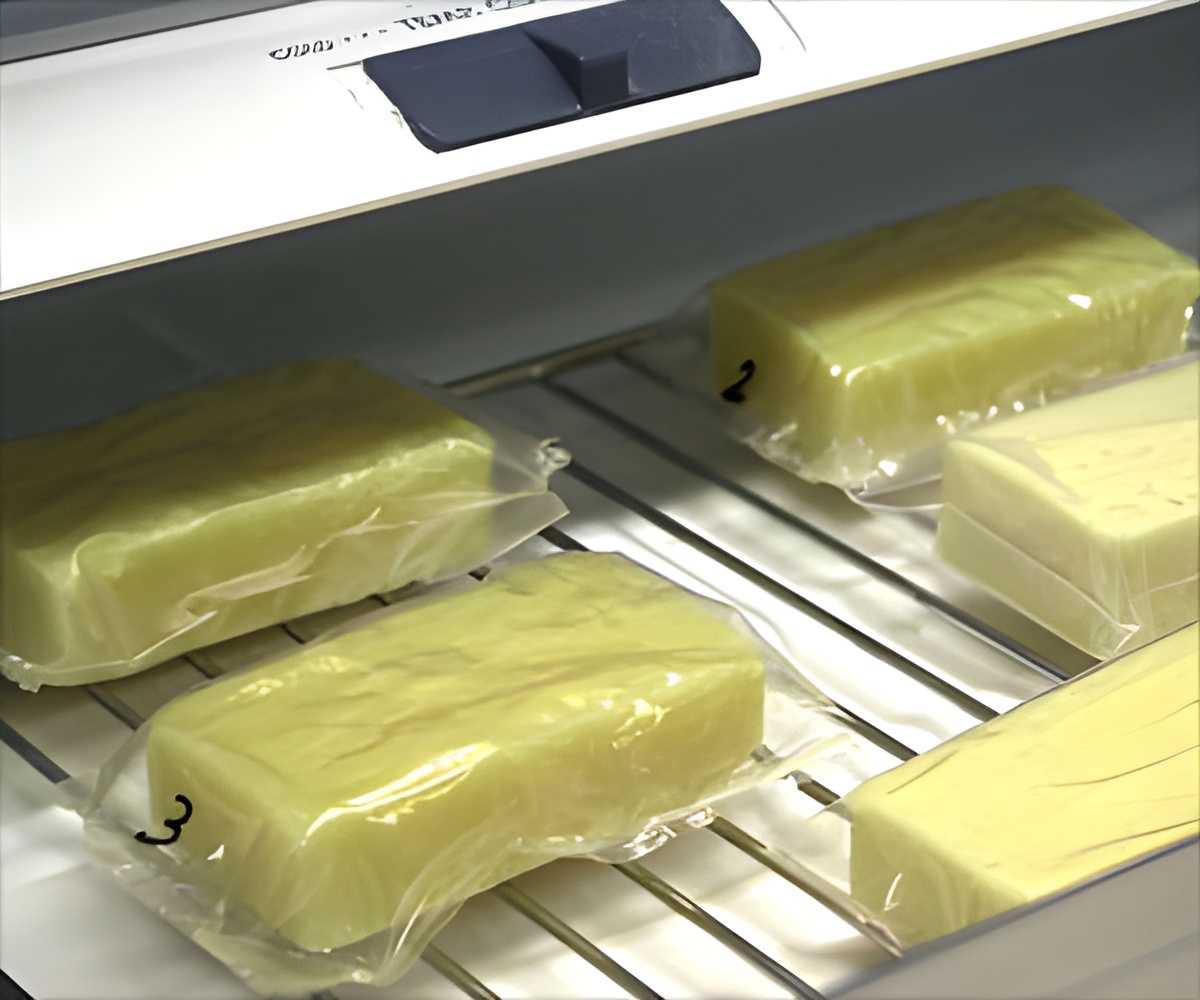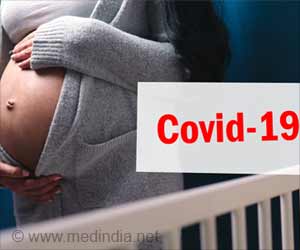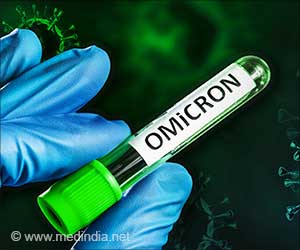
‘Transparent stretch-wrap PVC film can inactivate novel COVID virus.
’
Tweet it Now
University of Sao Paulo's Biomedical Sciences Institute (ICB-USP) conducted the test. The PVC film showed capable of killing 79.9 percent of the particles of SARS-CoV-2 in three minutes and 99.99 percent in up to 15 minutes. "Elimination of the coronavirus by the material was remarkably effective and fast," stated study author Lucio Freitas Junior from ICB-USP.
"It's a very distinct application from the more than 40 products that attack the SARS-CoV2 tested by us since the origin of the pandemic," Freitas added.
The plastic film was tested against ISO 21702:2019, the technical standard directing the measurement of antiviral activity on plastics, other non-porous surfaces, and demanding proof of this capability within four hours.
Materials of the sample with and without silver-silica nanoparticles were kept in direct contact with novel coronavirus for varying amounts of time.
Advertisement
Vero cells are obtained from an African monkey's kidney and are widely used in microbiological cultures.
Advertisement
"Considering its use in wrapping for foods that are exposed and sold in supermarkets, 15 minutes for the film to eradicate the virus from the surface of the material is satisfactory," researchers wrote.
Source-Medindia















